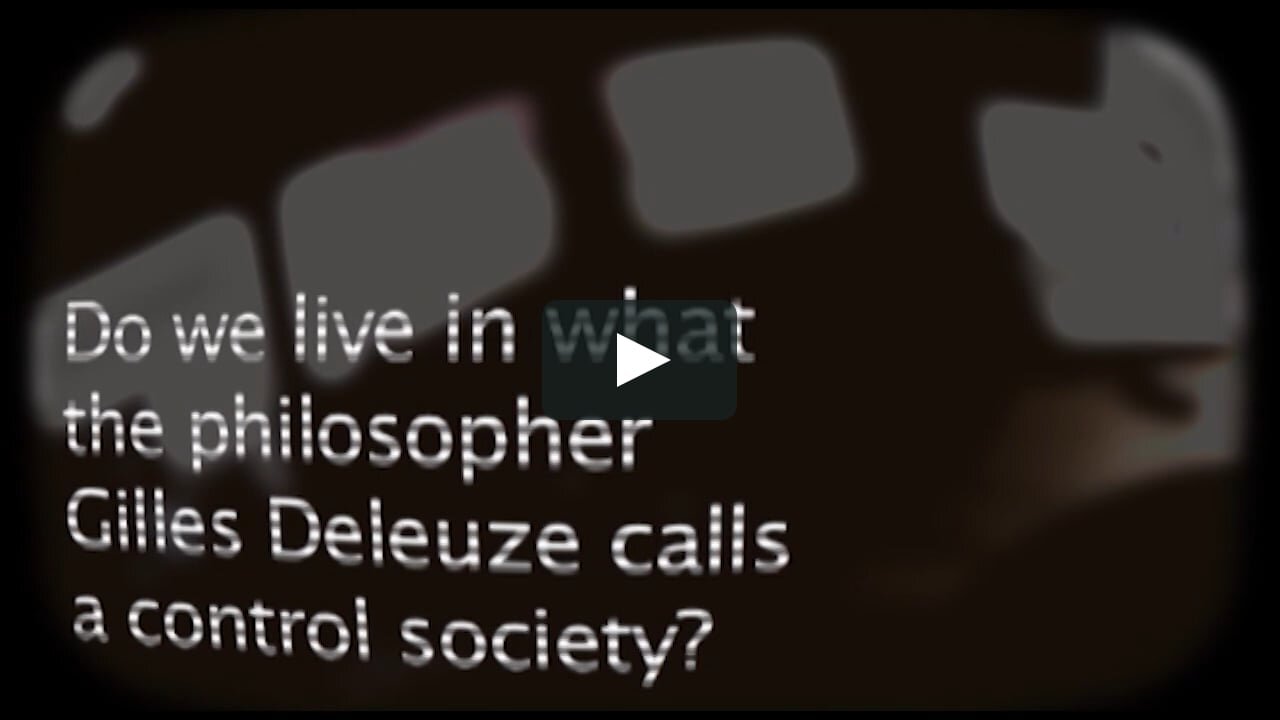AMERICAN SOCIETY, CULTURE & POLITICS IN THE TRUMP ERA (AUB, Spring 2019)
This course will introduce students to a range of disciplinary and intellectual tools for understanding the culture, society, and politics of the contemporary United States. The class seeks to understand and frame the Trump presidency as both symptom and agent of political and cultural shifts that are happening in the United States in the context of larger global shifts. We will look at the Trump period as emblematic of post-cold-war structural changes in the American political system, and we will also look at the specific rhetorical and ideological values expounded by Donald Trump and the effects that he has on America’s domestic as well as international politics — particularly in relation to the Middle East. Specialists in the fields of rhetorical analysis, textual analysis, cultural studies, anthropology, critical media studies, political science, and political economy will expose students to a diverse body of theoretical and disciplinary tools. In order to do this effectively, the class will host a significant number of guest-lecturers from across departments at AUB and beyond. Confirmed lecturers include: Josh Carney (SOAM), Rayan El-Amine (Issam Fares Institute), Jessica Feldman (American U. in Paris), Rami Khouri (SOAM), David Landes (English), Karim Makdisi (PSPA), Pascal Menoret (Brandeis U.), Zeina Tarraf (SOAM), Adam Waterman (English). Topics include a review of the history of electoralism and populism in the United States; the development of America’s dominant political values in the post-cold war era; the political economy of what is understood as “neoliberalism;” the politics of globalization and anti-globalization; theories of media and the new media ecology; and the cultural formations that lie at the core of these converging factors.





